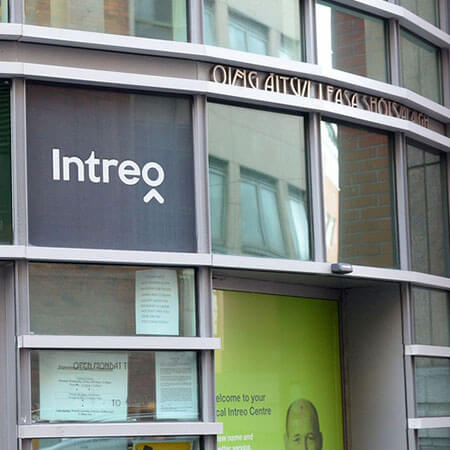Why foreign qualification recognition in Ireland is important
Whether you’re working in Dublin or studying in Dublin, you’ll probably need to showcase your qualifications at some point. You may need to prove you’re eligible for a college course or even capable of doing a particular job.
But foreign qualifications aren’t always immediately familiar to Irish employers and educational institutions. Dealing with paperwork, CVs, cover letters and application forms is bad enough. So don’t let incompatible qualifications get in your way
For this reason, it’s important that you clearly explain the value of your hard-won credentials in terms that potential employers and local universities will understand. Thankfully, there’s an easy way to do this.
The NARIC database
You can figure out what the equivalent of your qualifications are in Ireland with the help of NARIC. It maintains a database of almost 1,200 qualifications issued by institutions from over 140 countries around the world.
You simply search the database, find your qualification and see how it compares to Irish qualifications. For example, an Associate Degree awarded in Australia is equivalent to Level 6 Certification in Ireland.
NARIC will then issue a Comparability Statement which clearly places your qualification in the context of Ireland’s education system. This way you can accurately communicate the significance of your accomplishments to potential employers, admissions officers, registrars and anyone else who needs help understanding your foreign qualifications in Ireland.
If you struggle to use the website, NARIC provides a guide to using the database in eight different languages, including Russian, Chinese, Arabic, Polish, French, Portuguese, Spanish and Irish.
If your qualification isn’t listed, don’t worry. NARIC can also provide tailored advice free of charge too. You just need to fill out a form with some details about your studies. Then, someone will get back to you. In most cases, they will be able to provide a Comparability Statement for your files.



